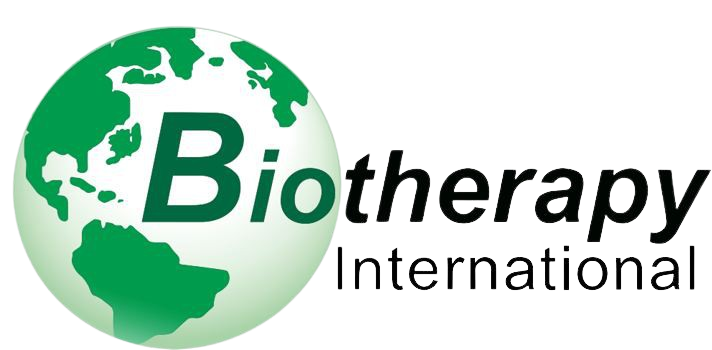Alzheimer’s disease is a neurodegenerative condition, characterized by the progressive loss of memory and cognitive skills. Alzheimer’s disease usually begins to appear after the age of 60. However, in some rare cases, early-onset Alzheimer’s can begin as early as 35 years old.
Symptoms of Alzheimer’s Disease
During its early stages, Alzheimer’s disease begins with the loss of short-term memory, such as lost or misplaced belongings or missed appointments.
As the memory symptoms worsen, patients will begin to experience difficulties with problem-solving, accompanied by changes in personality, difficulty organizing thoughts and loss of sound judgement. Eventually, dementia sets in, producing constant confusion, paranoia, and loss of orientation in time and space.
During the moderate to late stages, patients with Alzheimer’s disease will usually need constant help with everyday activities. Eventually, the ability to communicate coherently is lost, followed by a decline in physical abilities.
These behavioral symptoms are linked to pathological changes in the brain’s tissue. Patients with Alzheimer’s disease present amyloid plaques (or clumps of misfolded proteins). The connections between neurons and brain regions are progressively lost and brain volume decreases. This process is known as brain atrophy
Causes of Alzheimer’s Disease
The exact cause of Alzheimer’s disease is not yet fully understood. However, progressive brain atrophy seems to be caused by similar processes as all other neurodegenerative conditions: mainly, an inflammatory and immune-mediated process that damages the myelin coating around nerve cells (demyelination).
Traditional Treatment for Alzheimer’s Disease
Unfortunately, there is no cure for Alzheimer’s disease. Some pharmacological treatments can help manage behavioral symptoms and possibly slow down the progress of the condition.
Mesenchymal Stromal Cells for Alzheimer’s Disease
Some patients may benefit from treatment with deep transmagnetic stimulation, which has been approved for treatment of Alzheimer’s disease.The anti-inflammatory effects of MSCs and exosomes, MSCs’ secretory products with potentially beneficial paracrine effects, may also benefit the experimental treatment of patients with Alzheimer’s disease.
Furthermore, the regenerative capacity of MSCs to be differentiated into neural stem cells under laboratory conditions needs to be considered. MSCs- or exosomes-based therapy may support nerve growth and regeneration of neural cells that are progressively lost by apoptosis. Future research is needed to determine if the combination of treatment with MSCs and deep transmagnetic stimulation may slow or possibly reverse some of the destructive manifestations of Alzheimer’s disease. The use of repetitive deep transmagnetic stimulation is available at Biotherapy International and the procedure was approved by regulatory authorities.


